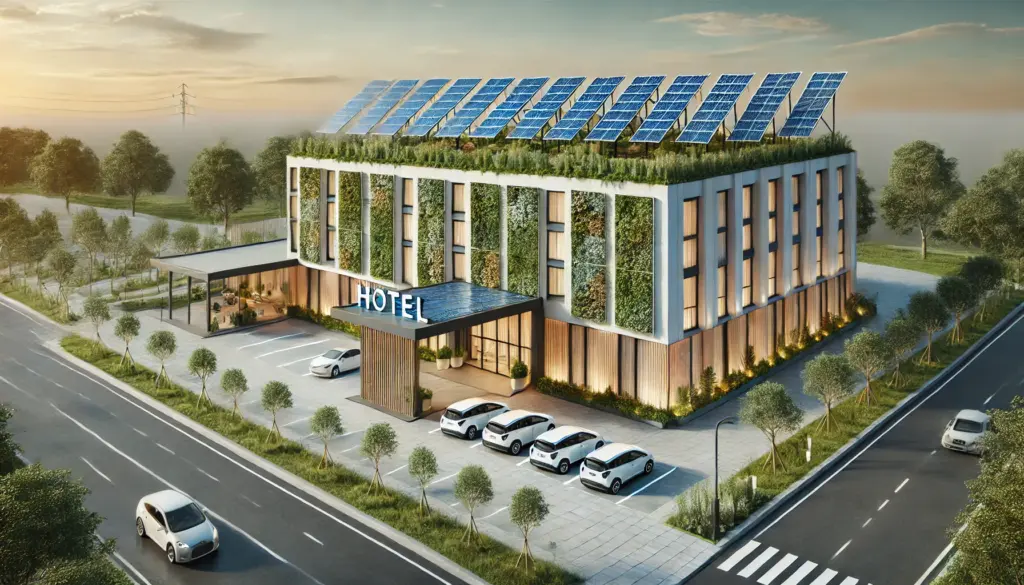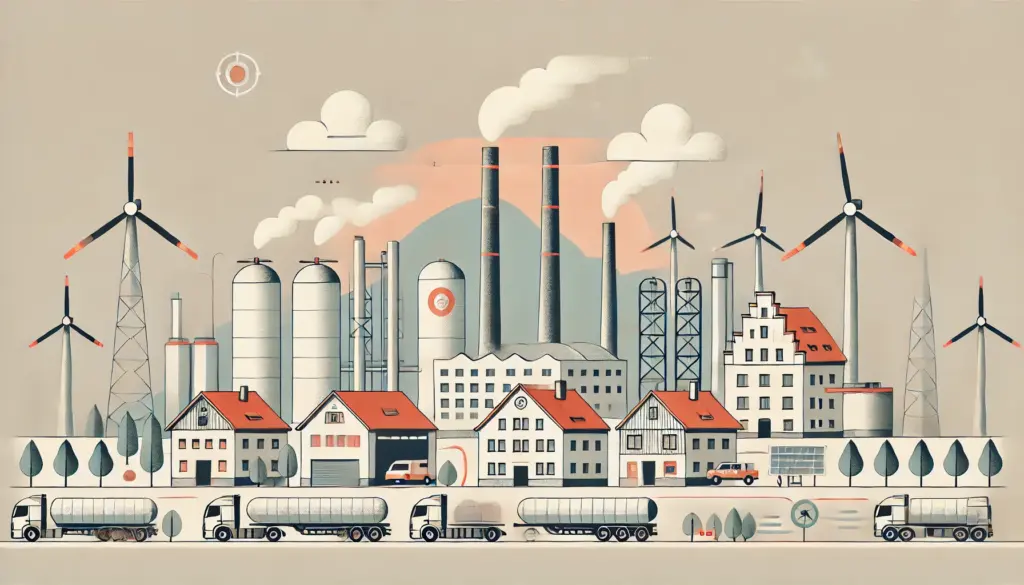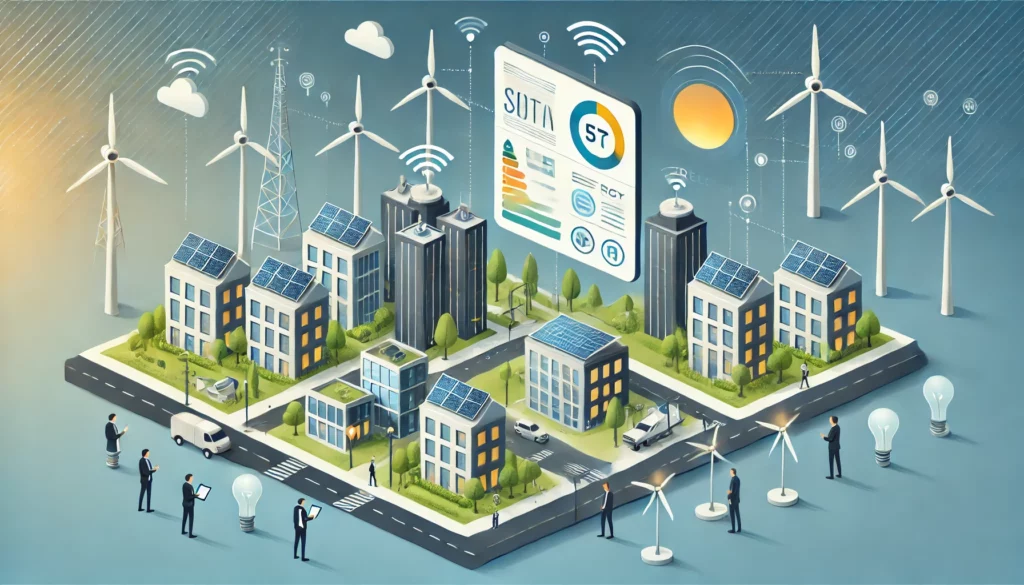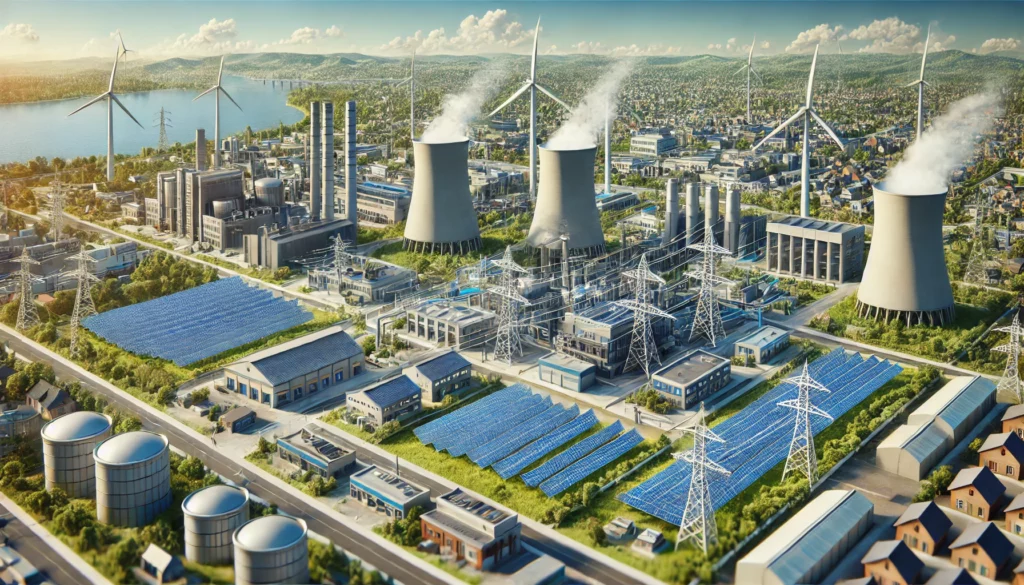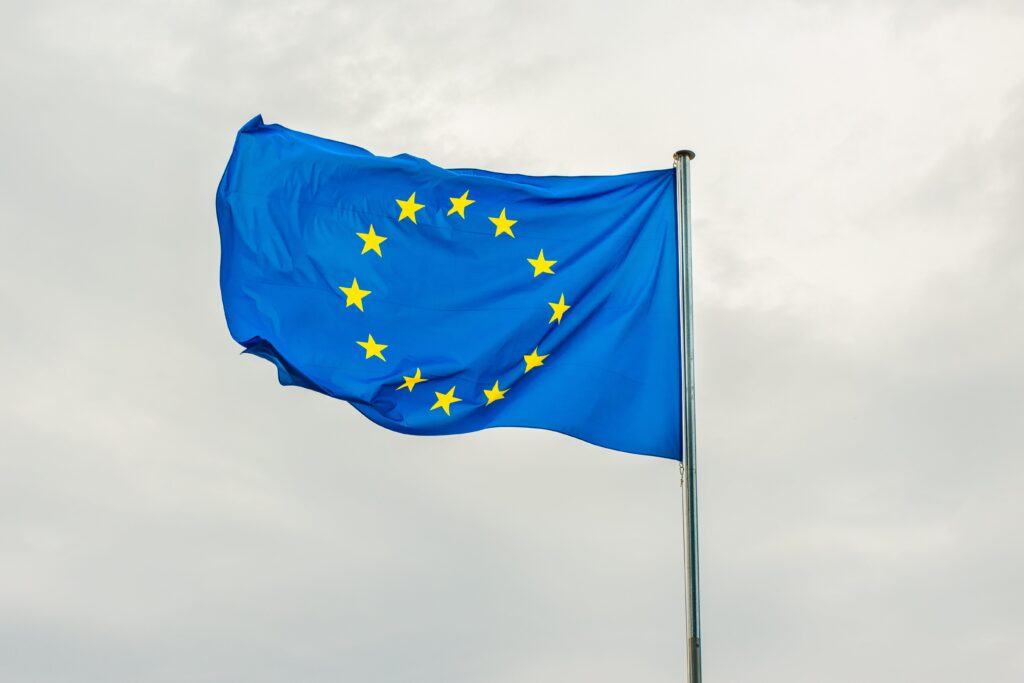
The European Union (EU) is constantly increasing its efforts towards more sustainability and independence from energy sources from third countries. The European Green Deal initiative targets a cut of greenhouse gas emissions of 55% by 2030 by increasing the share of renewable energy production, but also by fostering energy efficiency in the EU.
Energy efficiency means using less energy to have the same outcome, in other words, eliminating energy waste. It is one of the most cost-effective and easy ways to combat climate change, improve the competitiveness of European businesses, and reduce energy costs for consumers.
In mid-2023, the European Parliament, underscoring the principle that saving energy means saving the planet, has adopted ambitious targets to fight energy waste that aim to reduce overall energy consumption in the EU till 2030 by nearly 12% with the year 2020 as the benchmark. The Corporate Sustainability Reporting Directive (CSRD) complements their efforts by requiring more detailed sustainability reports from companies. This new reporting standard includes more stringent information about energy management practices, energy usage, and energy efficiency. To fasten the way towards more sustainable energy usage, the member states provide financial incentives for businesses and private consumers.
But how can businesses increase their energy efficiency in the EU?
There are many measures that have, summed up, a big impact on the company’s energy efficiency. A first step can be optimizing lightning by turning off unnecessary lights and investing in energy-efficient LED lightning. The energy saving potential holds up for other devices that can be powered down when not used. Heating and cooling strategies are also very helpful to decrease energy waste. Businesses should regulate temperatures according to season and weather conditions and prevent heat losses due to, for example, open windows. This and many other measures are quite intuitive, as you see, but can make the difference.
When it comes to energy efficiency, it’s important to develop a comprehensive solution that is tailored to the individual company. To do that, it’s crucial to get a good overview of the current status. This is the moment where an Energy Management System that integrates all existing systems, analyses the consumption of electric energy, gas, water and heat is needed to make further optimizations.
In summary, the EU’s fight against climate change and aim for more energy autonomy impacts businesses all over the continent. There are many measures to increase energy efficiency, implementing an Energy Management System is always a good point to start. We at EnExpert are ready to help your company in meeting the legal requirements and reducing energy costs up to 20% by increasing energy efficiency with our innovative Energy Management System.


